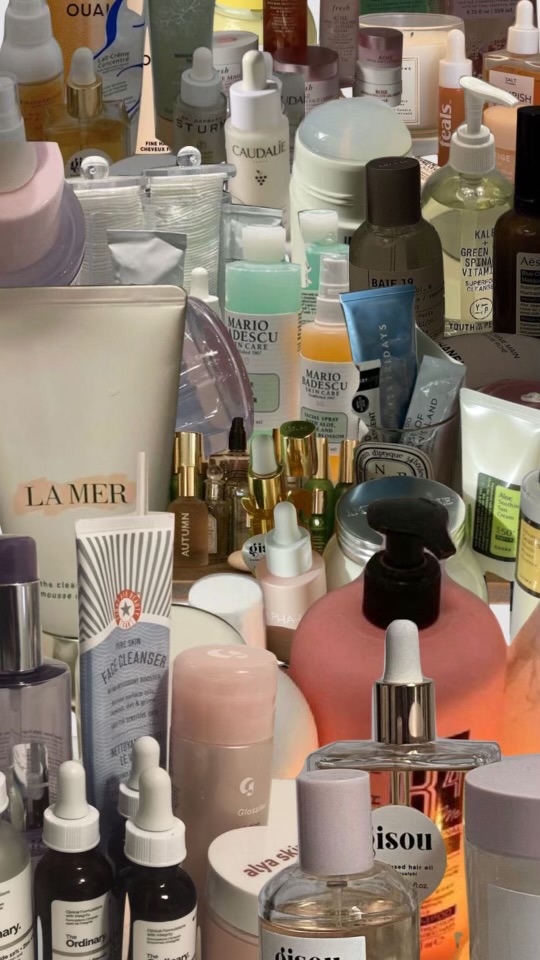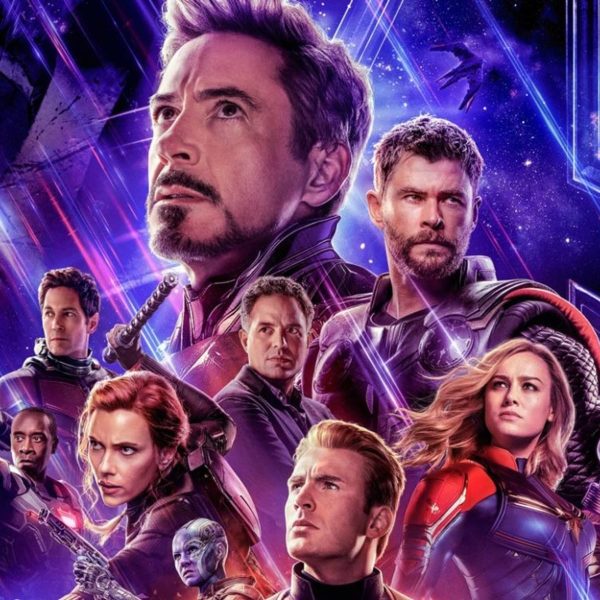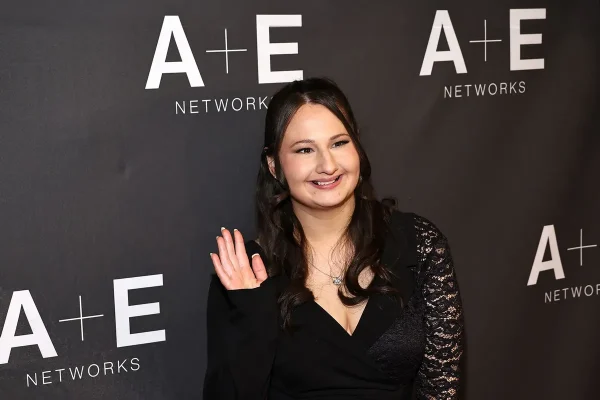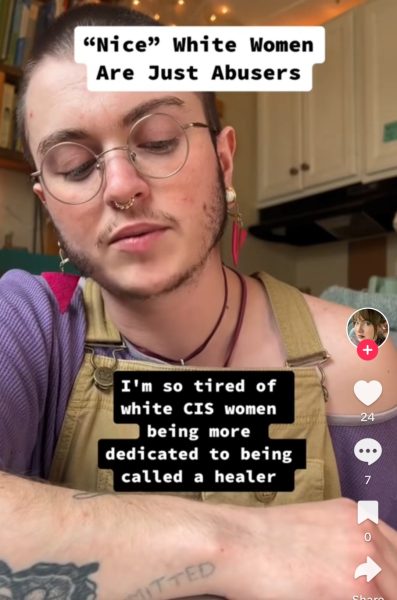Censorship in an all-seeing world

More stories from Courtney Collar

Last year, my dance team was told we were not allowed to play a specific song in our hip-hop dance. We thought this song might pose an issue, so we went to great lengths to cut out any unsatisfactory words or innuendos. This song was in the top charts and was a song most of the student body, whom we were performing for, would know. Despite this, we were still told that the song was inappropriate for the student body to hear. This incident, not only enraged me, but it got me thinking as well. Who is given the power to decide what is inappropriate? What credentials is the decision to censor something based on? Why are some things allowed instead of others? Is censorship even necessary?
With regard to the first question, the government isn’t the answer. The government has no constitutional right to control the press or people’s speech. By extension, this means they can’t control the music people listen to, the books people read, and what is played on TV. If the government were to be in charge of censorship, Americans would lose many of their basic freedoms of expression.
Does that leave the power of censorship to schools? No, it doesn’t. Yes, students do give up some of their rights when they walk into school if they pertain to safety or security issues. However, schools shouldn’t be allowed to control what students listen to or read. Some schools have taken it upon themselves to ban books such as The Diary of Anne Frank, The Adventures of Huckleberry Finn, Animal Farm, and so on. These books are set in important, albeit disturbing, parts of history. By censoring these books, students are being denied the chance to learn from the world’s past mistakes. This generation will soon be the political leaders and professors; they deserve to know what went wrong and why it is wrong. Censorship denies them of these things.
At the lowest level of authority, the power of censorship falls to parents. As parents, it is their job to decide what is right for their children. Many parents make the decision to put up a wall between the world and their children in an attempt to shield or block them from the horrors of the real world. The Internet and the media have made it harder and harder to hide young kids from the problems of the world. Eventually, kids do need to understand the way the world works and be able to form their own opinions about what is right and wrong. Parents can only guide children in the right directions because, in the end, it is up to every individual to act in ways they see proper and morally justifiable.
Just as every person has a different idea of what behavior and ideas are acceptable, everyone will have a different opinion on what should be allowed for the youth of our country to see or hear. Many things could affect what is acceptable to be seen or heard, including, but not limited to, ethnicity, race, religion, demographics, and wealth. As far as I know, there is no checklist or rubric with requirements for censored material. I have never heard someone say, “Cussing? Check. Universal and socially unacceptable ideas? Check. Universal and politically unacceptable ideas? Check. Well, it got three checks so this material cannot be distributed.”
Back in 1972, George Carlin spoke quite comedically on the topic of the “Seven Words You Can Never Say on Television.” He followed up many times on this segment. While reading the script of one of these segments, I couldn’t help but realize some of these words were in everyday language, and some worse words didn’t make the cut. How do you determine if one thing is worse than the other? It’s all a matter of opinion. In this case, most of the words George Carlin spoke of are still banned from television today for indecency.
Has banning these indecent words on TV had such a great effect on people’s behavior and ideas? There’s no way to tell. Censorship is a peculiar thing because of its intangibility because it’s more of a concept. It isn’t a black and white thing. It’s not either you have it or you don’t. It falls into the gray area, which makes it so hard to say what is too much and what is too little.

Courtney Collar is a senior and is entering her second year on staff for The Central Trend. In her spare time, you will find her dancing for FHC's varsity...























































































